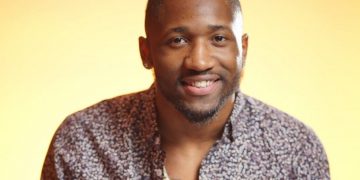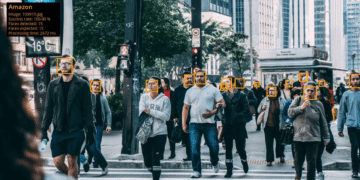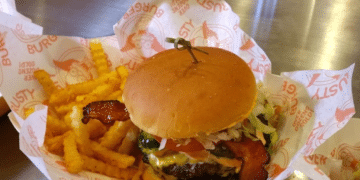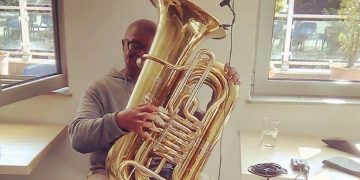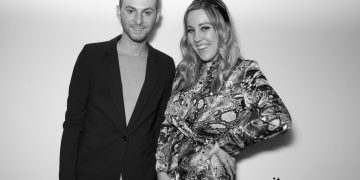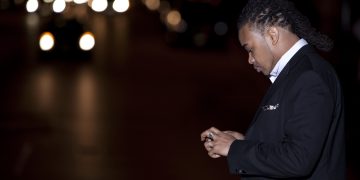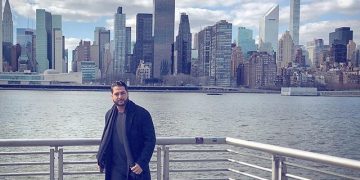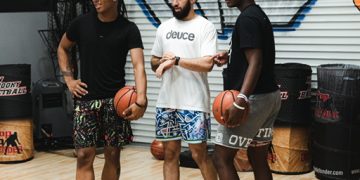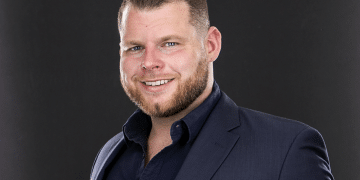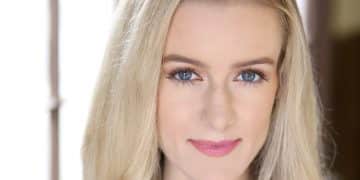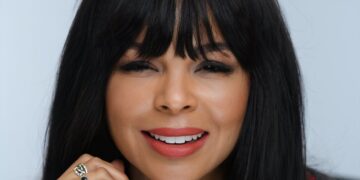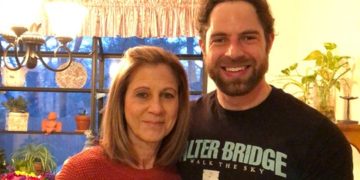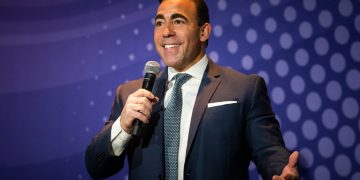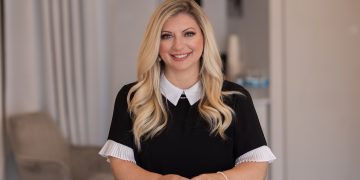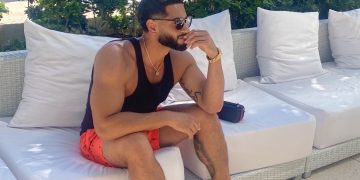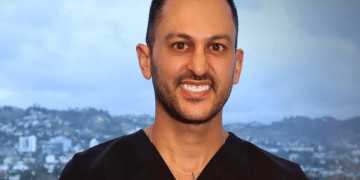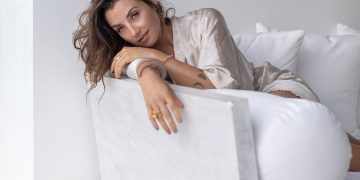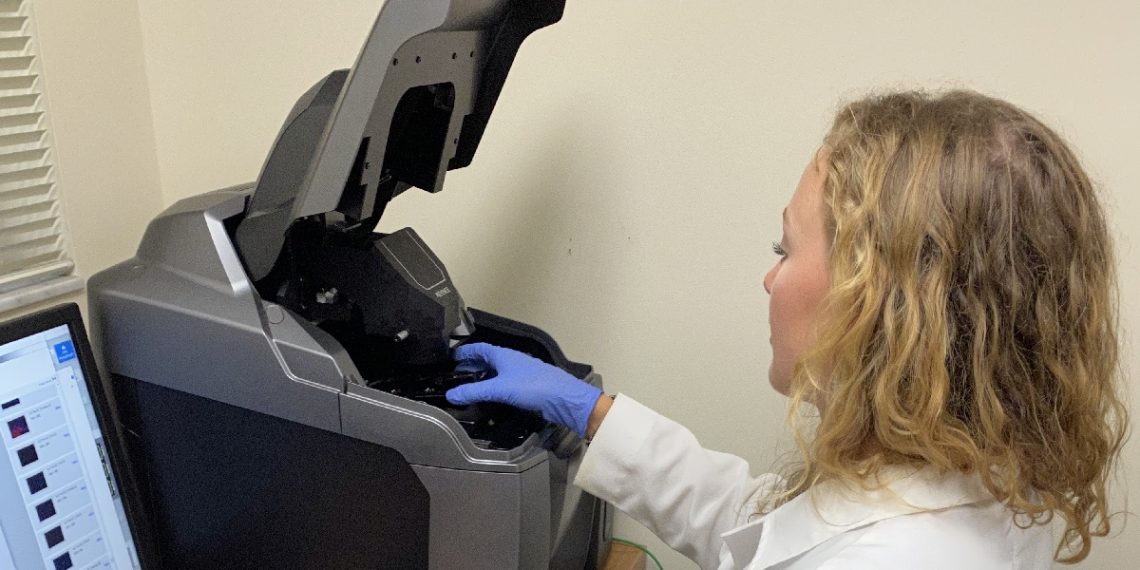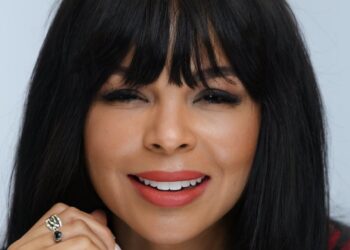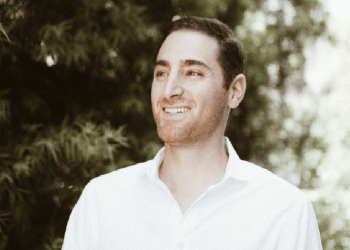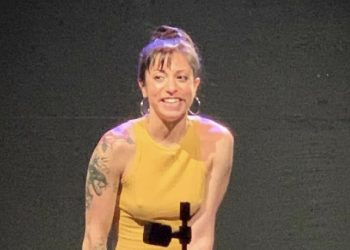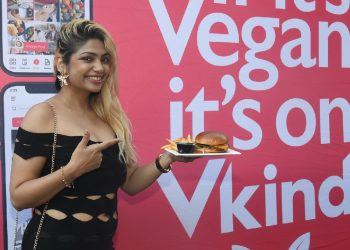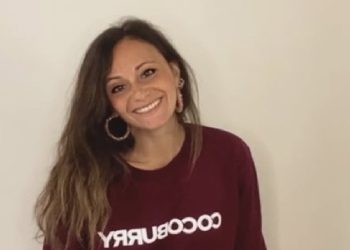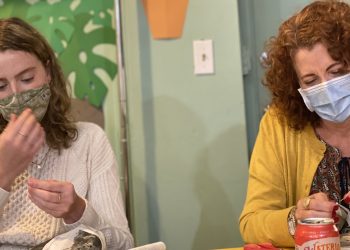Giving back to the community is a frequently quoted sentiment by professionals of different fields, but we hardly see the practical manifestation of it.
This is one of the biggest reasons why students, over the decades, tend to face the same troubles with career choices. They find it hard to streamline the steps to avoid any sort of mistakes that may cost them years of hard work, money, and effort. To rectify the situation, Chloe Kirk, a PhD candidate at the University of Miami, is setting stepping stones for young scientists and science enthusiasts.
Excelling in science as a biochemistry PhD student researcher, Chloe is now sharing her experiences and mistakes with students interested in studying science. Her connection with science began in high school volunteering in a cancer biology lab at the University of Minnesota. This passion only grew stronger as she studied Molecular Biology as an undergrad before undertaking a PhD program in Biochemistry and Molecular Biology.
Through her experiences navigating a career in science, she’s learned, by trial and error, tips and tricks to thrive in research, and she uses her social media platform to share these insights with others and de-mystify careers in science. When we spoke with her, here are some of the top tips she had for students interested in science.
Gain exposure to science at an early stage
She recommends getting some exposure to science. Using her personal experience as an example, Chloe says, “As a kid, I actually thought I’d become an architect! But during high school, I had the opportunity to volunteer in a cancer biology laboratory at the University of Minnesota’s twin cities which really made me fall in love with the scientific research process.”
This opportunity allowed her to see the potential of scientific research. She discovered that there is still a lot up for curious minds to grab and explore. Thus, a little window into the world of science changed her perception forever. That is why she recommends students grab such chances. Taking volunteer work at university labs or after-school science clubs will help you see whether scientific research is for you.
Develop organizational skills and routines for success in college
Learning this one the hard way, Chloe says that being in college itself comes as quite a challenge. The weight of newly found freedom, along with the pressure of establishing self-discipline, easily gets some students. Chloe emphasizes setting routines and developing organization skills to get the most out of college education as it offers a vast option of subjects to choose from.
Combat burnout by fusing science and non-science subjects
The pace and scope of university-level courses are leaps and bounds broader than in high school. A student may suffer from burnout at some point, even if their field of study is their true passion. Speaking from a place of experience, Chloe recommends university students branch out and take classes outside of their science major. She herself earned a dual-major degree at the undergraduate level, studying Microbiology and Legal Studies simultaneously at the University of Wisconsin-Madison. Studying science and non-science subjects together will help break from the monotony of studying one field alone and differ the type of studying your brain is doing.
Experience hands-on science
Chloe also encourages students to join labs. With hands-on practical science in a lab, it can help narrow in on whether science research is for you, and if not at least better understand the type of work coming from laboratories.
This approach will further expose them to the pros and cons of more demanding research at an advanced level, like a PhD, that they may want to weigh beforehand. Information regarding vacant positions in labs can be found via listings on job boards, consulting your professor, or emailing different professors researching in your area of interest to inquire if they require another pair of hands. Chloe excels at her research, but she also never shies away from supporting new and aspiring scientists. Head to her website for more tips. If you are interested in the day-to-day of a research scientist, then Chloe’s Instagram page is a must-follow.
